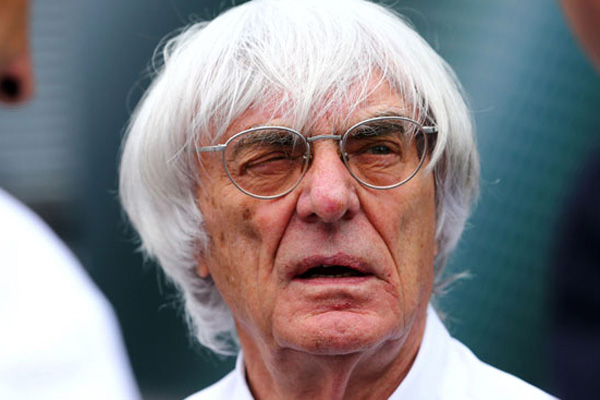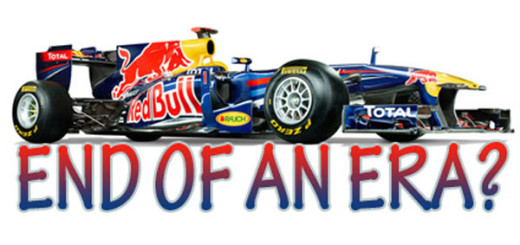Lotus F1 Owner Thinks Most Teams In Financial Trouble
The financial troubles of Lotus F1 team got revealed late in the 2013 season, when driver Kimi Räikkönen stated without a doubt that he had not been paid at all for that season so far. While he was apparently paid at least in part, he still decided to take the two last races off, which may have cost the team third place in the constructors championship – and the extra money that comes with it.
Now Lotus F1 owner Gerard Lopez has been quote as saying that “For 80 per cent of the teams, their financial situation is no better than ours”. This seems to line up pretty well with reports that Sauber was pretty close to the brink near the end of the 2013 season, and that teams like Catherham and Marussia are working on somewhat limited budgets. Further, teams like Williams and even McLaren are dealing with losses of a major sponsorship, so much so that it is also reported that McLaren may have their first orange team color car in years, with the lack of a true major sponsor for 2014 by the time they introduce their cars in late January.
This is against a backdrop of a huge increase in expenses with new power units for 2014, and a general feel that the costs of the series have reached a point where most major sponsors don’t want to pay for the exposure that comes with the series. Many of the teams have one or both of their drivers as “pay” drivers, that is to say that they are selected not for being the best driver available, but rather because they have sponsorship backing willing to pay to get them in the seat.
F1’s shift in 2014 to a series not only based on pure speed but also based on efficiency, extended electric / hybrid power trains, and the like is perhaps it’s last gasp attempt to remain relevant. The upcoming Formula E series with all electric open wheel cars looks poised to pounce, with more relevant technology and the same general car look, which may mean that F1 teams will continue to suffer in their quest for sponsorship dollars.
If Lopez is right, the current situation in Formula 1 could in fact signal the end of the line for auto racing as we knew it. If 6 or 7 of the F1 teams fold because of a lack of financing, the series itself would almost certainly fold, grids of 12 cars would make absolutely no sense for race promoters or TV, viewers and sponsors would disappear overnight. Will the dinosaurs of the racing world finally turn to fossils?













